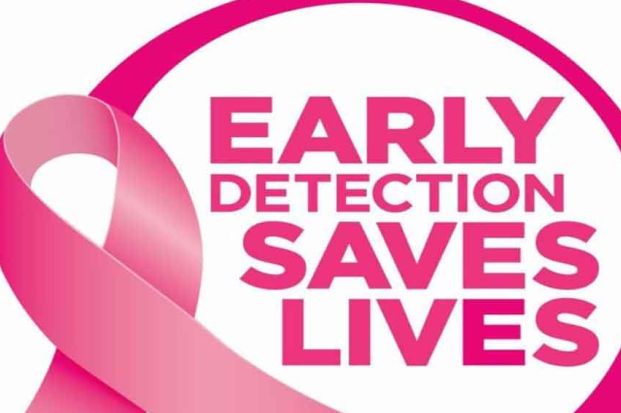Breast Cancer: Early Detection Is the Key
Apr 19, 2022
Breast cancer accounts for 27 per cent of all cancers in women in India, with the cases rising in the early thirties and peaking at ages of 50-64 years. However incidences of breast cancer have increased in younger people, females below 40 years, including working women in urban areas. Early onset breast cancer also tends to be more aggressive than late onset. The only way to bring the mortality rates down is by detecting breast cancer at the early stage.

Most breast cancer related tests fall into the following categories:
- Screening tests (such as yearly mammograms) are given routinely to people who are not suspected of having breast cancer with the purpose to find breast cancer early. This test is done before any symptoms can develop and the cancer usually is easier to treat.
- Diagnostic tests (such as biopsy) are given to people who are alleged of having breast cancer, either because of symptoms they may be experiencing or a screening test result.
- Monitoring tests are done once breast cancer is diagnosed to determine the treatment and also after treatment to monitor the body. Monitoring tests also check for any signs of recurrence. In addition to these tests, women themselves can also try to feel any existence of lumps or thickenings above and below the collarbone.
- It is advised for women to have a clinical breast exam every one to three years starting at age 20 and every year starting at age 40. A clinical breast exam may be recommended more frequently if they have a strong family history of breast cancer.
- Breast self-examination is also a good way to find the symptoms of breast cancer. When practiced regularly, one learns to differentiate between normal tissue and the abnormal new change in the breast.
Not all women have the same warning signs of breast cancer. Nevertheless some common warning signs are: painless hard lump which does not move, change in the size or shape of the breast, dimpling or puckering of the skin, Itchy, scaly sore or rash on the nipple, pulling in of your nipple or other parts of the breast, bloody nipple discharge from one side.









